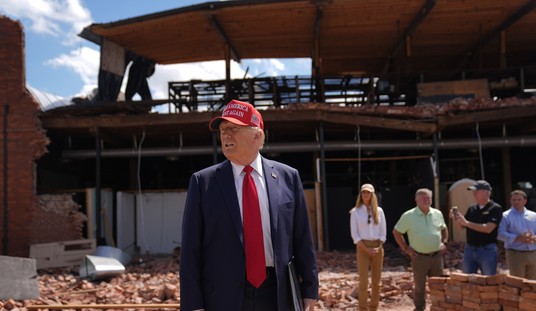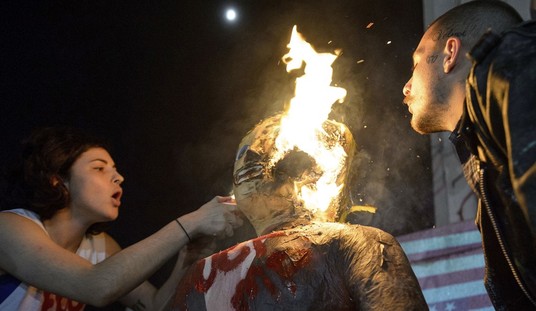Judge Juan Merchan continues to take action against President-elect Donald Trump and his attorney's requests to dismiss his hush money conviction from May 30. His decision that the conviction can withstand a recent U.S. Supreme Court ruling comes as he claims that it can do so in light of the Court's test for presidential immunity, following Trump v. United States, handed down on July 1.
As reporting from The Hill mentioned on Monday night:
A New York judge upheld a jury’s verdict that made President-elect Trump a felon, ruling the conviction in the hush money case can withstand the Supreme Court’s new test for presidential immunity.
Judge Juan Merchan’s decision comes on the heels of Trump’s presidential election victory against Vice President Harris, when voters chose to catapult him back to the White House despite his years of legal peril.
The judge has not yet ruled on Trump’s efforts to toss the case entirely now that he is president-elect.
Trump’s attorneys contended that New York prosecutors introduced evidence during his seven-week trial that was protected by the Supreme Court’s presidential immunity doctrine.
...
Trump has separately argued that his White House victory compels the dismissal of the jury’s verdict and the case in its entirety. Manhattan District Attorney Alvin Bragg (D) has pushed back, instead laying out alternatives like freezing the proceedings during Trump’s term.
The judge has yet to rule on that matter.
There may otherwise be hope. Susie Moore, writing on the ruling for our sister site of RedState, highlighted how it only pertains to presidential immunity. "Merchan denied Trump's request — but this ruling only pertains to the issue of presidential immunity. There remains pending the motion to dismiss the case due to Trump's reelection, as well as the ultimate issue of sentencing (if that motion is denied)," she wrote.
Merchan's name has been in the news quite a bit with this case, from concerns about his conflicts of interest thanks to his adult daughter, to his problematic jury instructions all but further guaranteeing Trump would be found guilty, which he was, on all 34 counts.
Merchan was also in the news last month, as he indefinitely delayed sentencing.
Recommended
Manhattan DA Alvin Bragg has also been the cause of plenty of headaches for Trump and his legal team. Last week, as we covered at the time, prosecutors in his office laid out a list of reasons opposed to the motion to dismiss from Trump's legal team. Ironically, the brief contained a section on "Public confidence in the criminal justice system." As the section claimed in part, "Dismissing an indictment after a trial and guilty verdict because the defendant later wins an election would undermine the public’s perception of fairness in the criminal justice system."
Trump was indicted by a grand jury in late March of last year and arraigned last April on 34 charges. Bragg charged Trump with felonies in the case when he could have brought the charges as misdemeanors, was using an untested legal theory, and went after Trump after the statute of limitations had expired.
Not only has Bragg's office stubbornly tried to resists dismissing such charges against the president-elect, but when Special Counsel Jack Smith moved last month to drop all the charges he brought against Trump be dropped, he did so without prejudice, meaning that such charges could theoretically be brought again in 2029, when Trump is no longer in office.


